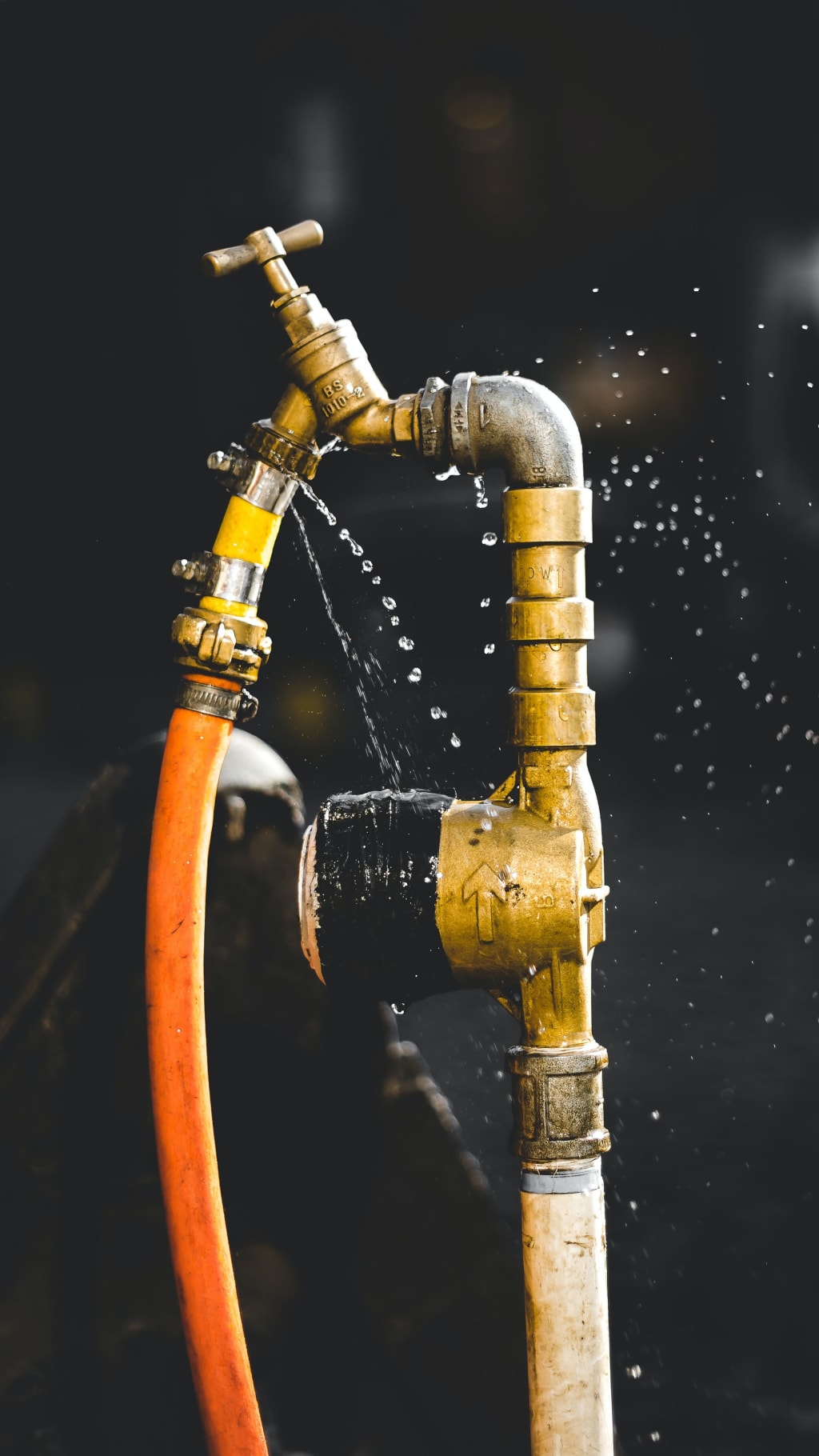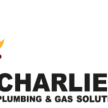The Do's And Don'ts For A Healthy Home Plumbing
Make this list a part of your daily living and you'll be surprised at how much you can save from unnecessary plumbing expenses.

Good plumbing can sometimes be overlooked as long as it still is serving its purpose. However, having good plumbing also has a significant effect on your household and how things function. You don't have to be in a situation where you're looking for an emergency plumber Brisbane North in the middle of the night to handle your plumbing disaster before appreciating the importance of a good one.
So, it is always better to invest in good plumbing from the start. But, that's not the end of it. After your investment has been installed, maintenance comes next. And that's not one-time maintenance because you have to take good care of the next steps to ensure that your plumbing can last for a very long time.
Before discussing the dos and don'ts for healthy home plumbing. Here are some possible effects of unmaintained plumbing.
Spread of disease
Health concerns such as the spread of diseases are one of the effects of inadequate plumbing. This specifically applies to the sewage disposal system as it houses all disease-causing germs that can spread if not properly disposed of if the parts of the sewage are blocked, damaged, broken or worn-out.
Some diseases caused by germs, according to the Department of Health includes:
- Salmonellosis
- Diarrhea
- Hepatitis A
- Gastroenteritis
Water contamination
Unmaintained plumbing system does not only cause the spread of several bacterial and viral infections but also water contamination. A defective plumbing system enables this contamination as the groundwater, drinking water and food may get infected because of a sewage leak. This would not only affect you and your family but also has the potential to affect your neighbouring areas.
To avoid any of those from happening, you, as a responsible homeowner should do your best to maintain your plumbing system. For first time homeowners, here are the dos and don'ts to help keep your home plumbing healthy as well as save you from headaches from sudden huge expenses.
Plumbing Dos
- Do run cold water at high pressure when using your garbage disposal. Using cold water helps to avoid clogging up your disposal unit by keeping the grease and other food particles solid.
- Do use liquid drain cleaners to keep your pipes clean and free of clogging without the need for a plumber (unless it is a full clogging issue). Chemical drain cleaners come in a lot of varieties. Some can harm your pipes, but some can ensure that it won't damage any of your plumbing.
- Do clean your faucet once in a while to avoid build-up of chemicals and minerals from our water. If left unattended for a long time, it can block your faucet holes which will result in decreased water flow or worse, might affect the taste of the water.
- Do pour two to three gallons of hot water down your shower drains once every month to prevent excess build-up of hair and grease which can clog your drains over time.
- Do keep a contact number of your trusted local plumber for emergency purposes. Although you're following all the necessary maintenance steps to make sure that your plumbing system is at par, having it annually checked by a professional could also help.
Plumbing Don'ts
Make this list a part of your daily living and you'll be surprised at how much you can save from unnecessary plumbing expenses.
About the Creator
Enjoyed the story? Support the Creator.
Subscribe for free to receive all their stories in your feed. You could also pledge your support or give them a one-off tip, letting them know you appreciate their work.






Comments
There are no comments for this story
Be the first to respond and start the conversation.